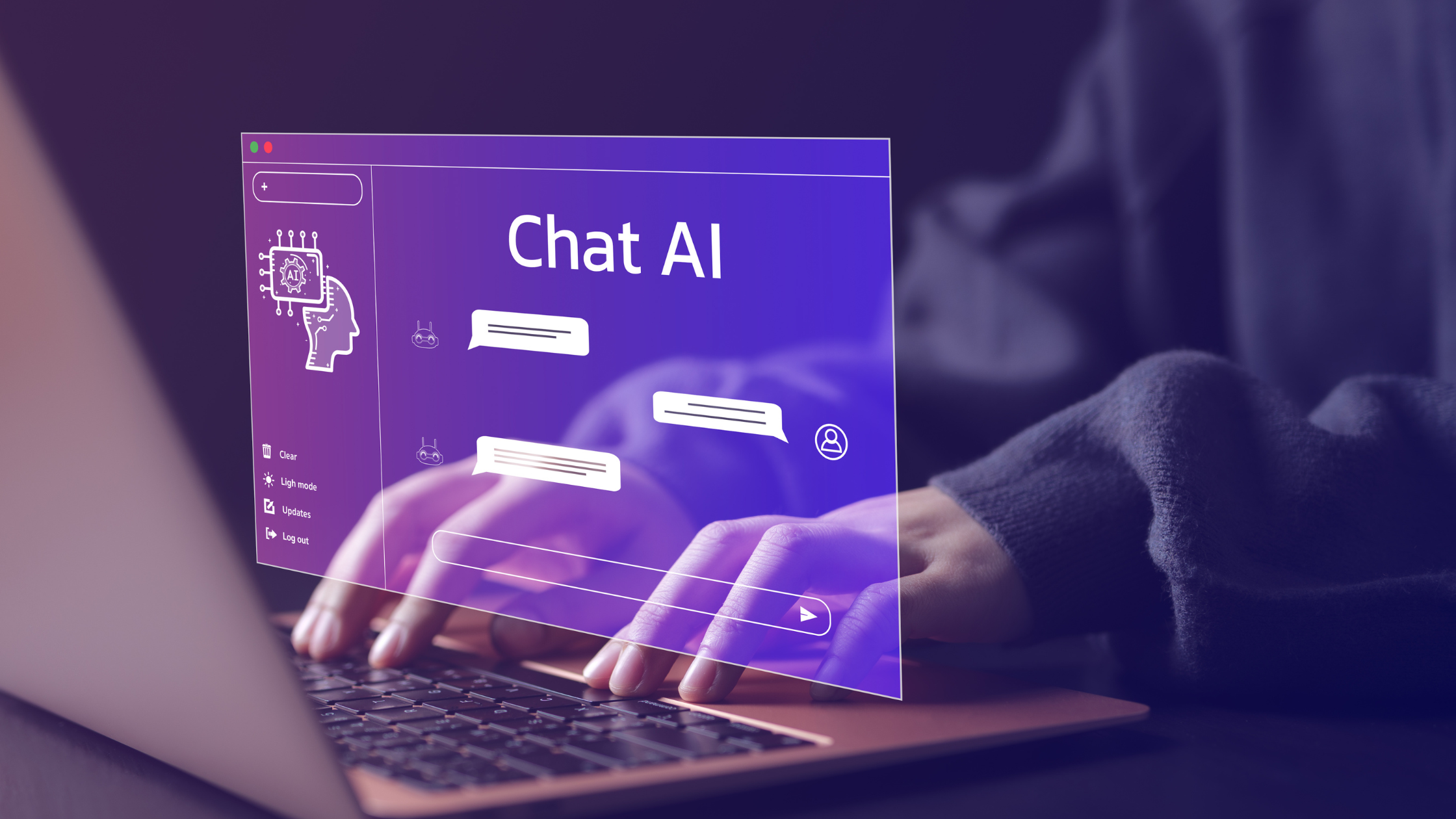
For the first time in history, with the help of AI, one person can create a Unicorn – a business with a valuation of over $1 billion. Sam Altman (CEO of ChatGPT) thinks so—and Silicon Valley sees the technology ‘waiting for us’

Artificial intelligence (AI) is now the missing bit, the powerful lever in achieving this milestone. Here are seven strategies a solopreneur can use to leverage AI toward building a unicorn:
1. Identify a High-Impact Niche
- Market Research: Use AI for deep market research to identify underserved niches with high growth potential. AI can analyze large datasets from social media, search trends, and industry reports to pinpoint emerging needs and preferences.
- Prediction Models: Develop predictive models to forecast market trends, helping to position your business ahead of major shifts. In both Research and Prediction, AI can do an amazing job outperforming thousands of people and delivering “hot” updates, but only in combination with the solopreneur’s passion and judgment, can it really scale!
2. Develop a Unique AI-Powered Solution
- Product Development: Incorporate AI into your product or service to offer something unique that solves a significant problem more efficiently than existing solutions. This could be through personalization, automation, or predictive capabilities.
- Iterate Quickly: Use AI to gather feedback and iterate on your product rapidly. Machine learning models can help analyze user behavior and preferences to refine product features and user experience.
Example “Canva”: I use it daily for all sorts of visuals, banners, podcast covers, etc.
The Canva platform has revolutionized graphic design by using AI to offer personalized design suggestions, catering to user preferences, and improving design efficiency with features like Magic Resize, which automatically adjusts their designs to fit various formats and platforms (e.g., social media posts, banners, presentations) with a single click.
3. Automate and Optimize Operations
- Operational Efficiency: Deploy AI tools for automating various business operations, such as customer service (chatbots), sales (lead scoring), and back-office tasks (accounting, HR). This frees up your time to focus on strategy and growth.
- Data-Driven Decision Making: Implement AI systems to quickly harness data to make informed decisions. This includes optimizing pricing, distribution, and marketing strategies.Example: Stripe- I use it extensively, e.g., for automated payments for my digital master class.
Stripe AI utilizes AI in automating the dispute handling process. Stripe’s AI examines dispute cases, automatically gathering evidence and resolving issues where possible.
4. Scale with AI-Driven Marketing and Sales
- Personalized Marketing: As Yuval Harari says, “AI has hacked the human brain,” being able to influence and persuade us on a completely new level. Use AI to personalize marketing at scale, delivering the right message to the right person at the right time and significantly improving conversion rates.
- Sales Optimization: Apply AI for sales forecasting, customer segmentation, and enhancing the sales process, ensuring higher efficiency and effectiveness. I personally defined my ideal client “persona” and AI is scanning and suggesting leads that match this persona.
- Example: AI as CEO. Net Dragon, a Chinese gaming company, has appointed AI as CEO of one of its subsidiaries, and its share price has seen double-digit growth in the first quarter.

5. Build a Strong AI Talent Network
- Collaborate with AI Experts: As a solopreneur, you might not have all the expertise to develop and deploy AI solutions. Building a network of freelancers, consultants, or part-time experts in AI can help fill these gaps without the need for a large team.
- With the help of AI, you can get the skill profile you need “in real time” and acquire it fast. 1:10 Automation vs. Collaboration: All this amazing potential AI is unleashing is only possible if People and AI collaborate. For each opportunity to automate fully, there are ten opportunities for people and AI to collaborate and be much smarter together.
6. Secure Funding with a Focus on AI
- Pitch to AI-Savvy Investors: Investors are always on the lookout for the next big thing. A solopreneur with a compelling AI-based solution addressing a significant market need can attract attention from venture capitalists and angel investors interested in the potential of AI.
- Have a look at the list of Unicorns. All of them have received exponentially growing venture capital.
7. Leverage AI for Sustainability and Social Impact
- Ethical AI Use: Build trust and a strong brand by committing to ethical AI practices, focusing on privacy, fairness, and transparency. This may cost extra initially but pay back big time in the long term.
- Social Impact: Companies that address social challenges while also achieving profitability often stand out.
- For example, Canva provided Canva for Education free for schools to facilitate collaboration between students and teachers, scaling massively their user base. AI can be used to tackle issues like healthcare, education, and environmental sustainability.

8. “Execution eats Strategy for breakfast,” to paraphrase Peter Drucker
While AI offers immense potential, the execution of these strategies is crucial. It involves staying informed about the latest AI advancements and disruptions, continuously learning, and adapting swiftly “in real time” to new technologies and market changes. The businesses to thrive will “reconfigure” their processes and tactics in real-time based on AI insights.
Remember, creating a unicorn is a rare achievement and involves a combination of the right idea, timing, execution, and a bit of luck.
However, by leveraging AI strategically, a solopreneur can significantly increase their chances of success in today’s digital and fast-paced world.
Which areas do you use AI for?
Curious about leveraging AI for your organization’s success? Join my practical workshop to:
- Understand AI’s potential for your business
- Evaluate your AI maturity
- Align AI with organizational goals
- Build an AI implementation strategy
- Plan and prioritize AI use cases
- Navigate the evolving roles of people and AI with change management
- Develop a comprehensive AI transformation playbook covering people, data, and processes



